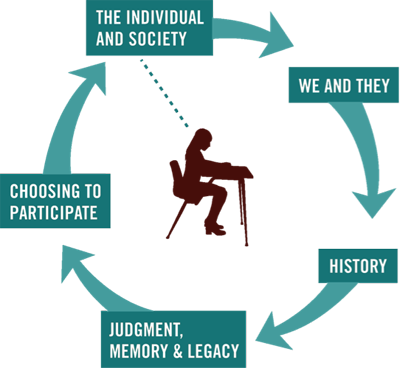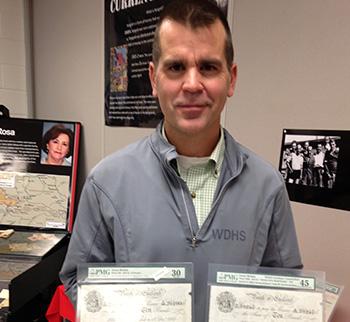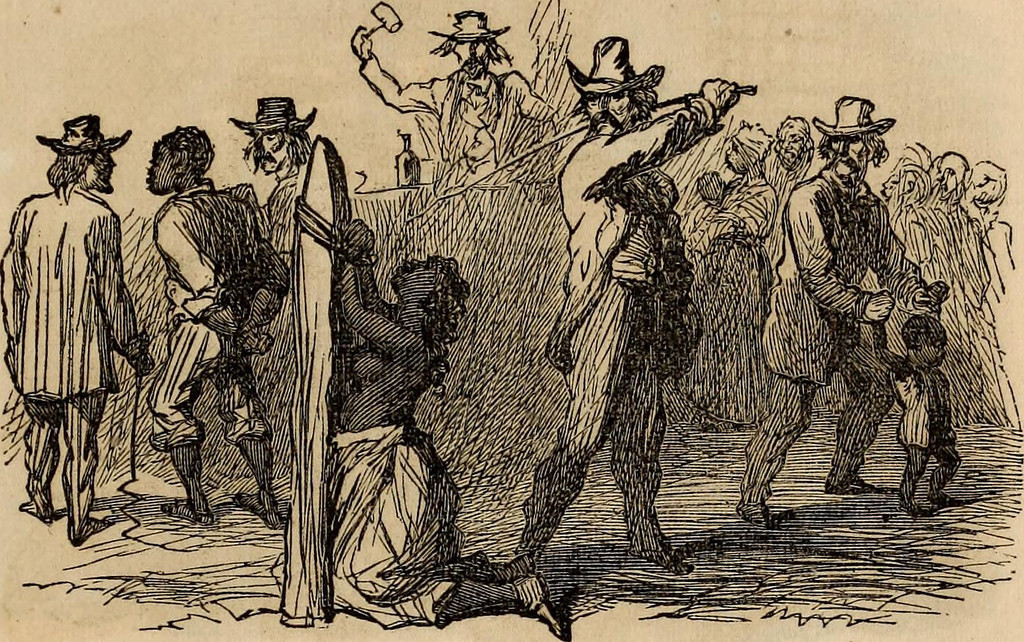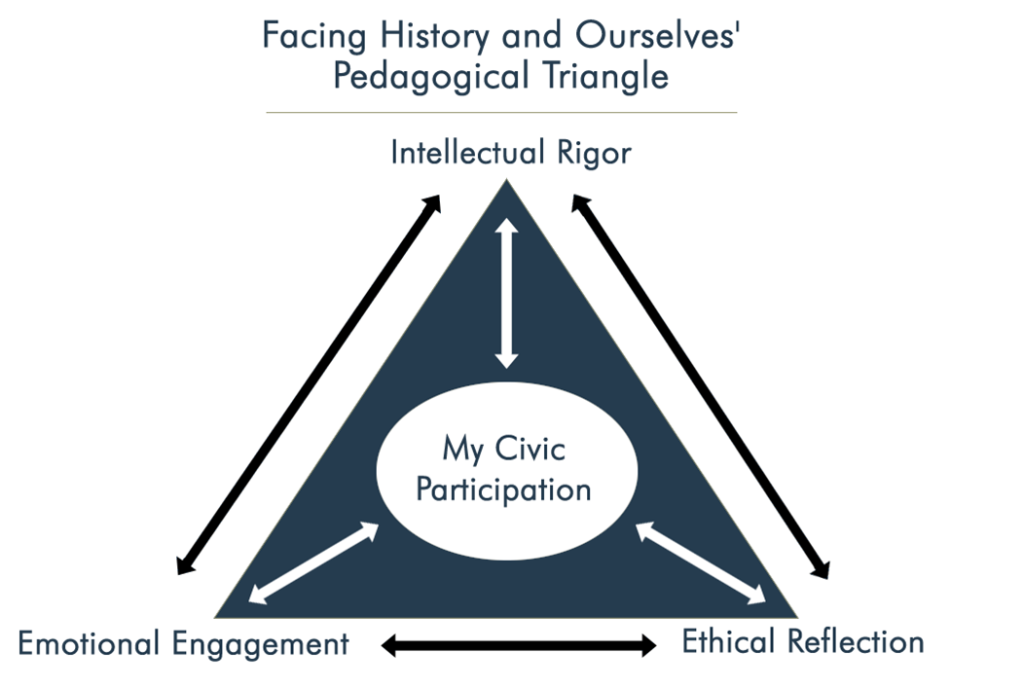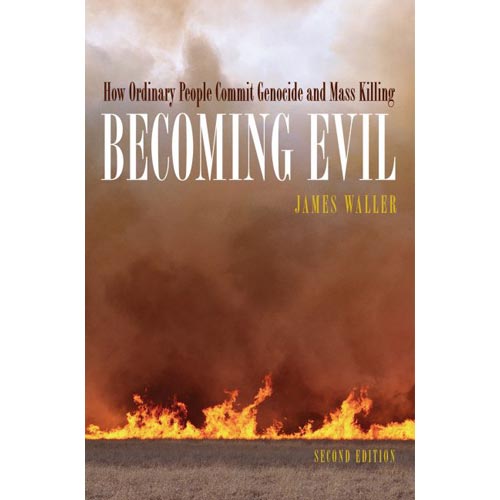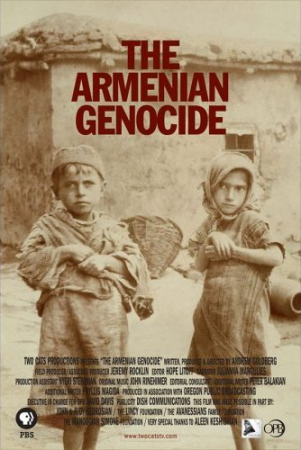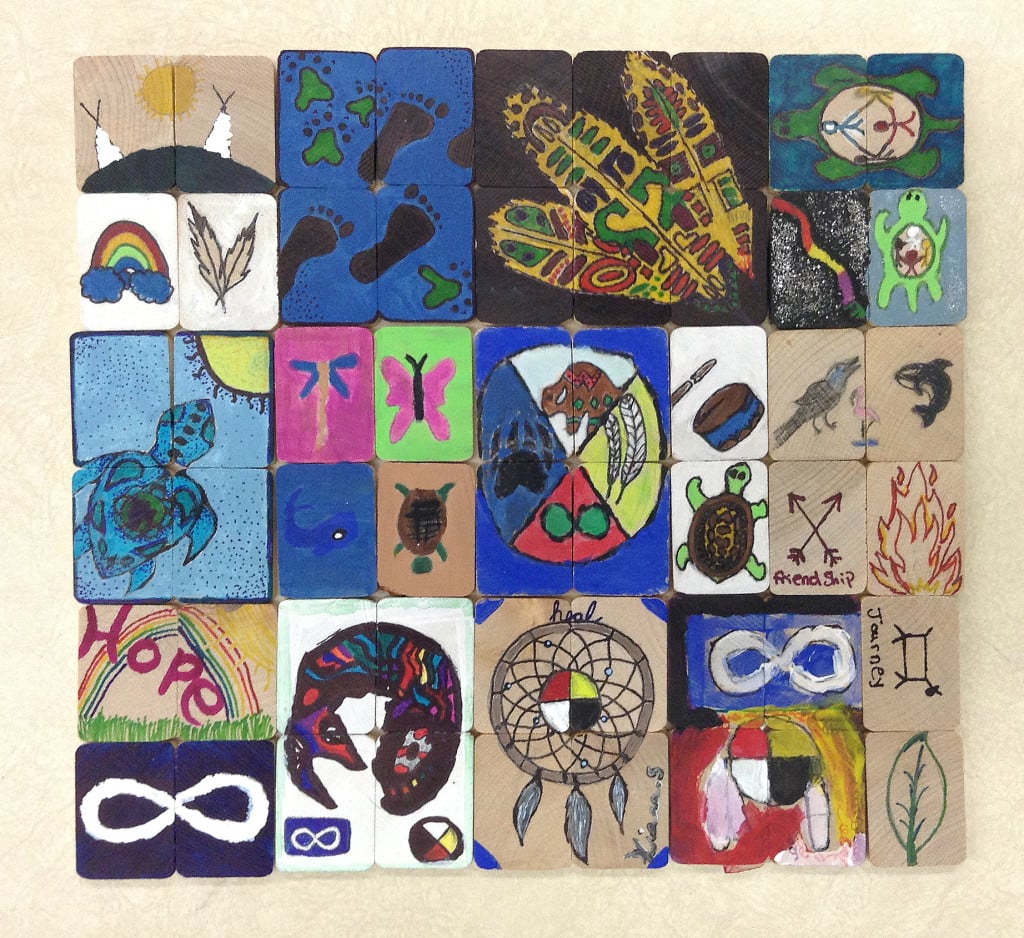At the release of the Truth and Reconciliation Commission of Canada’s final report, the call to educate all Canadians about the treatment and legacy of Residential Schools was loud and clear.
Facing History high school teacher Cheryl Payne-Stevens embarked on this important (and daunting!) task with her students and shared her experience with us:
Read More
Topics:
Choosing to Participate,
Facing History and Ourselves,
History,
Canada,
Genocide and Crimes Against Humanities Course,
Lesson Ideas
This week is #MuseumWeek, where museums from around the world will be convening with museum lovers on twitter to journey behind the scenes, to explore the grounds, and to share ideas about what we choose to remember for the future.
Read More
Topics:
Art,
Facing History Resources,
History,
Innovative Classrooms,
Museum Studies
For the past few weeks, I have been thinking and writing about ways to bring The Book of Negroes into the classroom through discussions of identity, and a study of the history of race and slavery in America.
The first post offered ideas for establishing a safe classroom for discussing difficult ideas through contracting. It also offered a strategy for exploring names, identity, and the relationship we each have to the world. The second post built on the theme of identity by examining the beliefs we hold that separate us from others, and how our beliefs can influence the choices we make. This week, I want to address how teachers can bring the book’s difficult moments into the classroom safely.
Read More
Topics:
Facing History Resources,
Facing History and Ourselves,
History,
"The Book of Negroes",
Strategies,
Lesson Ideas,
Slavery,
Literature
Remembrance is an act of humanity and it is about humanity. At Facing History and Ourselves, we often ask ourselves, How do we help students (and ourselves) to remember more than names, dates, and battles? How do we help students to connect to the humanity: the people behind the names, the lives, ideas, and cultures lost, and the legacies that extend beyond the signing of a treaty that signals the end of war?
Read More
Topics:
Facing History Together,
Facing History and Ourselves,
History,
Canada,
Memorial,
Middle School,
Lesson Ideas,
Literature
On November 6, 2014 Facing History and Ourselves co-presented an evening with Professor Dr. James Waller, discussing the role of Nazi doctors in the persecution of gay men during the Holocaust.
Explore the culture, psychological, and social factors that drove Nazi policy against gay men and justified, in the minds of Nazi doctors, their perpetration of such atrocities.
Read More
Topics:
Professional Development,
Antisemitism,
Events,
Facing History Resources,
History,
Upstander,
Waller,
Genocide and Crimes Against Humanities Course
When teachers flip the calendar to August, the countdown is on. Inevitably, we begin planning for the next school year. One of the beautiful things about being a teacher is the opportunity for new beginnings.
I am always reflecting on how I can improve a lesson, unit or activity and the Facing History website is a go-to resource for me. Here are my five recommended resources from the Facing History website to inspire your classroom practice this year:
Read More
Topics:
Antisemitism,
Choosing to Participate,
Facing History Resources,
History,
Holocaust Education,
Genocide and Crimes Against Humanities Course
As a high school teacher, one of the most common things that I hear when walking through the hallways is the refrain of students dishing out advice to their friends: “If that happened to me, I would’ve done/said _______.”
When I hear it, my first reaction is to wonder if there is truth in the advice. And if there is, how much?
Read More
Topics:
Choosing to Participate,
Identity,
History,
Strategies,
Genocide and Crimes Against Humanities Course,
Lesson Ideas
Note-taking is an important learning strategy that can help prepare students to participate in a discussion or begin a writing activity. Notes can be used to recognize students’ misconceptions and questions, and to evaluate students’ understanding of material.
As educators, we all too often do not teach our students effective note-taking strategies, assuming instead that this skill is something that they will learn to do intuitively.
Read More
Topics:
History,
Innovative Classrooms,
Technology,
Metacognitive startegies,
Strategies,
Lesson Ideas,
English Classroom
Last Thursday I spent the morning working with a group of educators in Hamilton, exploring a Facing History pathway through the new Ontario Grade 10 Canadian History curriculum. It was a morning full of rich conversation and learning about both Canada’s history and its present, and how they inform each other. We began the morning with an activity using poetry to discuss the first step of the Facing History and Ourselves Journey: Identity. We talked a lot about what it meant to be Canadian in the past and what it means to be Canadian today. How have we changed? How have we remained the same? Who are the individuals that make up "we"?
Read More
Topics:
Identity,
History,
legacy,
In the news,
Personal history
Six years ago, Prime Minister Stephen Harper made a public apology on behalf of all Canadians for the residential schools the government of Canada created in the 19th century that plagued the fabric of Canadian history for generations to come. Between 1880 and 1996, more than 150,000 First Nations, Inuit, and Métis children were forced into Indian residential schools and thousands did not survive. Those that did survive suffered a loss of language, culture, family, and self. Many suffered abuse at the hands of those who were supposed to care for them.
Read More
Topics:
Art,
Choosing to Participate,
Human Rights,
History,
Innovative Classrooms,
Memorial,
We and They,
Culturally Responsive and Relevant Pedagogy,
Social Justice

